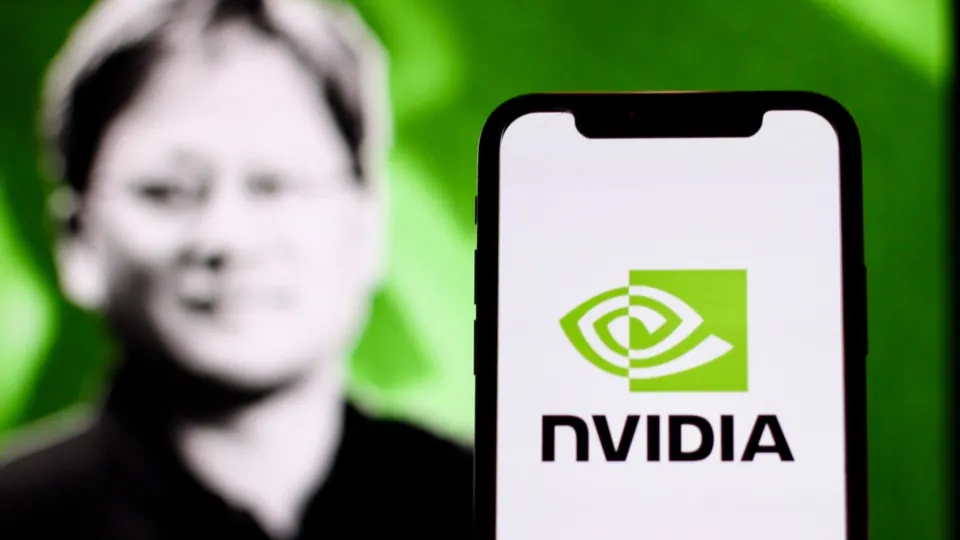The Nvidia CEO, Jensen Huang, who was present at the event, emphasised that the supercomputer is one of humanity’s most vital inventions, used to advance ‘knowledge discoveries.’
The US Department of Energy announced on Thursday that its supercomputer, scheduled for 2026, will utilise technology from Nvidia and Dell. Named ‘Doudna’, after Nobel Prize-winning scientist Jennifer Doudna, who discovered CRISPR gene-editing, the supercomputer will be kept at the Lawrence Berkeley National Laboratory in Berkeley, California.
Reuters reported that an event hosted at the lab was attended by Secretary of Energy Chris Wright and that officials said that this supercomputer would use Nvidia’s latest ‘Vera Rubin’ chips built into Dell-supplied liquid-cooled servers and will be used by 11,000 researchers. In a press conference, Wright said that such a collaboration would advance scientific discovery in physics, chemistry and biology.
Doudna, whose early work on CRISPR was supported by the Department of Energy, said that it was an interesting time for biology, as it marks the convergence of biology and computing. Along with helping scientists carry out fundamental scientific research, the Energy Department’s supercomputers are also used to design and maintain the US government’s nuclear arsenal.
The Nvidia CEO, Jensen Huang, who was present at the event, emphasised that the supercomputer is one of humanity’s most vital inventions, used to advance ‘knowledge discoveries.’ The supercomputer is the bedrock of scientific discovery in the US and is not only a marker of economic and technological leadership but also one of national security.
Huang’s comments on national security came the day after he criticised and praised some of President Trump’s policies. Nvidia recorded a whopping 69% sales growth in the last quarter, despite Washington’s export restrictions, which restrict the company from selling its H20 chip made for the Chinese market. Despite these export curbs, Nvidia forecasts sales of approximately $45 billion in the second quarter of 2025, which is roughly the same as the LSEG forecast of $45.90 billion.
Nvidia recently accepted that it could incur losses if restrictions were imposed on the use of Chinese open-source AI models, like as DeepSeek and Qwen. Washington has ruled against pursuing connected-vehicle businesses with China, and this damages the company’s car chip business, which has finally begun to pick up.
The company revealed that such export curbs have cost Nvidia billions of dollars in revenue. However, both Democrat and Republican representatives, like Jim Banks and Elizabeth Warren, wrote to Huang flagging national security concerns as the chip giant plans to build a research and development facility in Shanghai.
The US has an edge over China in the AI market, but Beijing is rapidly catching up. Washington has highlighted that preserving their top position in the AI industry has been its priority, and several government representatives have expressed concerns over recent Chinese breakthroughs in AI products. Republican Senator Tom Cotton announced on the social media platform X that he had introduced a bipartisan and bicameral bill which restricts the sharing of US AI technologies while also opening up more export opportunities for US-based tech companies.
Nvidia lost $2.5 billion in sales due to the export restrictions in the first quarter, and it anticipates losing an additional $8 billion in sales in the second quarter. Customers heaped up the chips before the restrictions were implemented, and the company recorded $4.6 billion in revenue from H20 sales in China, which accounted for 12.5% of total revenue. Since it was announced that Dell and Nvidia would partner to launch the Doudna supercomputer, Dell raised its annual profit forecast, and company shares rose 2% in extended trading.
The US government wants to maintain its hegemony in the AI industry and has been using protectionist policies to prevent knowledge-sharing and resource transfer with other countries, citing national security concerns. While these concerns are valid, private companies which are benefiting from business abroad are unlikely to limit their products to the domestic market.
